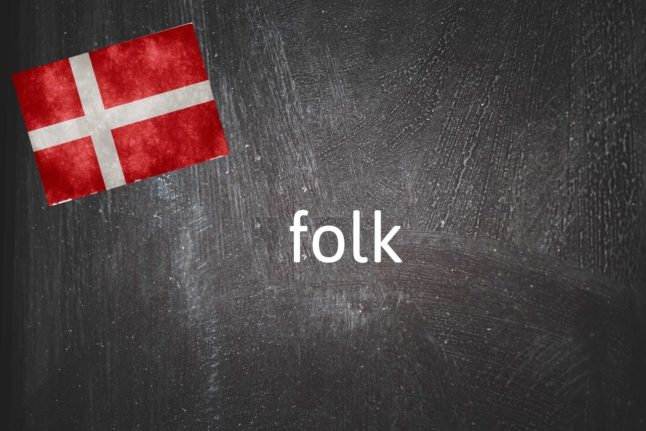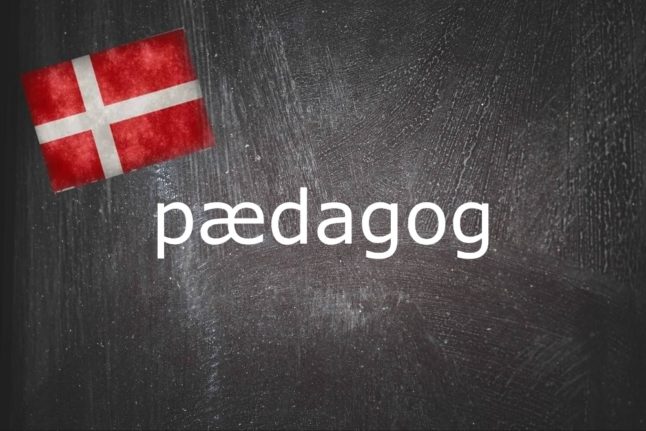What is folk?
Folk simply means ‘people’, but it is used in a great number of ways, and in a great number of words.
Folk or volk is the Germanic equivalent of the Latin populus, which is the origin of the English word people, the French peuple, the Spanish pueblo, and many more.
Folk is cognate with the English, Norwegian and Swedish folk, and the Icelandic fólk, the Dutch and German volk, as in Volkswagen, which means ‘the people’s car’ — usually called folkevogn (“people’s wagon”) in Danish.
Why do I need to know folk?
Being such an important word, you can find it used in many other words.
Folkeregistrering is the process by which Danish residents are entered onto the Centrale Personregister (CPR). The purpose of the CPR is to be a register of basic information including name, date of birth and address, and the number under which you are registered is used as a form of identification in many public and private services. In short, life in Denmark doesn’t really work without one.
Folkekære, which means something like “dear to the people” is a term often used to describe veteran actors or celebrities who are popular with pretty much everyone — singer Kim Larsen or actor Ghita Nørby, for example.
Then there’s the use of the word in folkeparti, “people’s party”, used by three different political parties which traverse the ideological spectrum: Dansk Folkeparti (Danish People’s Party), Det Konservative Folkeparti (The Conservative Party) and Det Socialistiske Folkeparti (The Socialist People’s Party)-
Sometimes it just means a group of people, as in der er masser af folk på gaden – “There are a bunch of people out on the street.”
Sometimes it means ‘the people’: folket or det danske folk can be used to refer to the public in general.



 Please whitelist us to continue reading.
Please whitelist us to continue reading.
Member comments